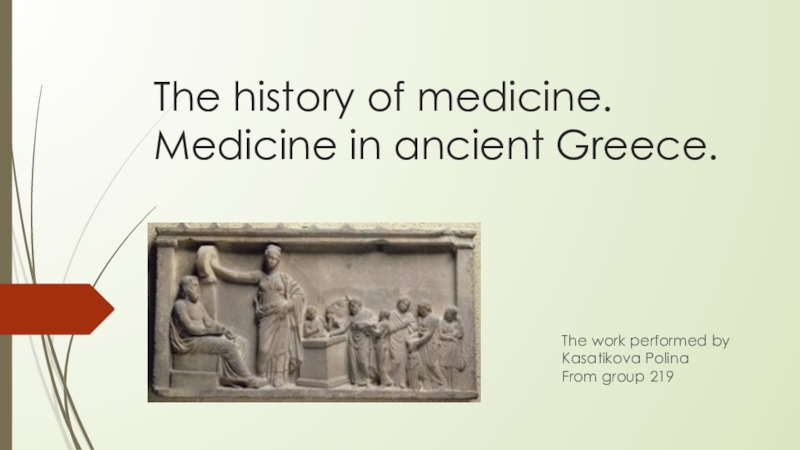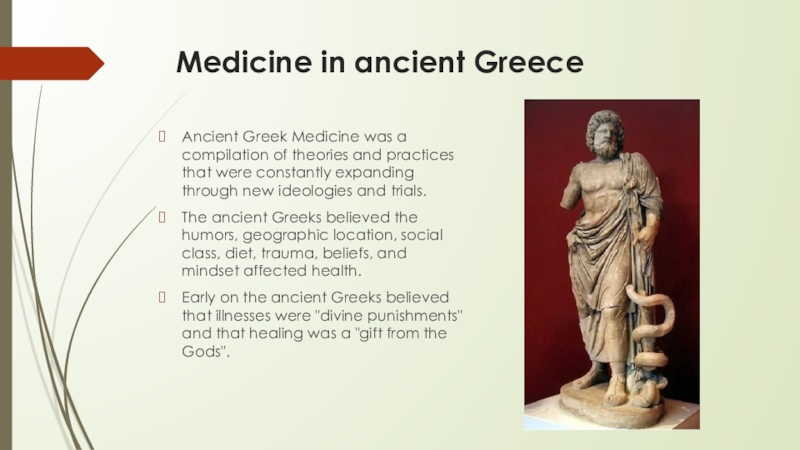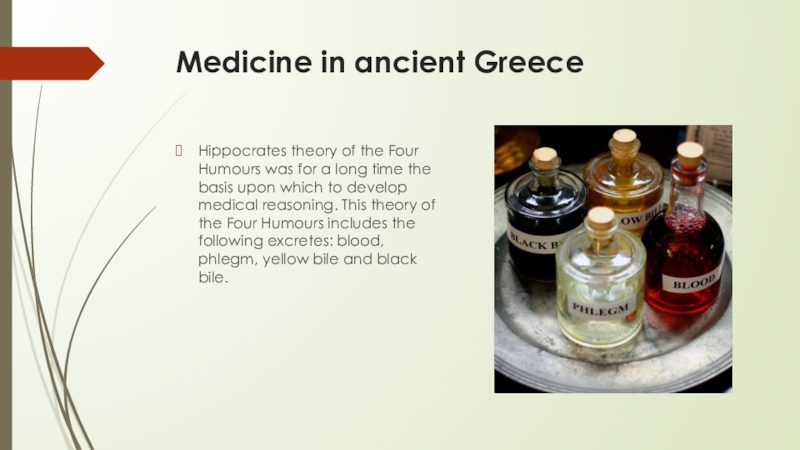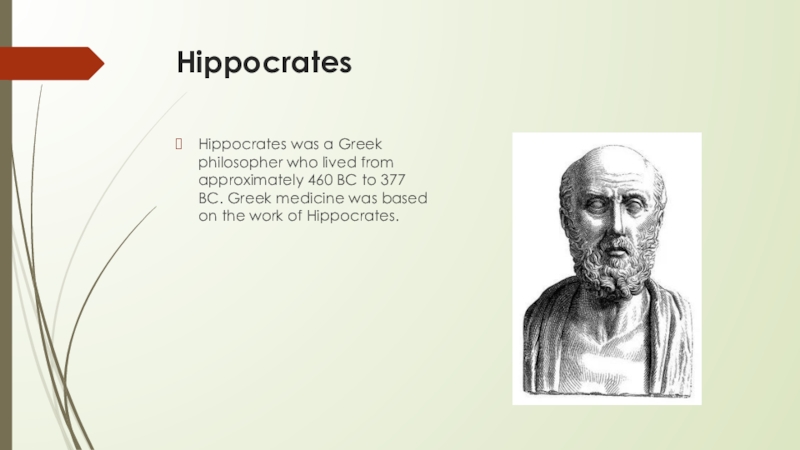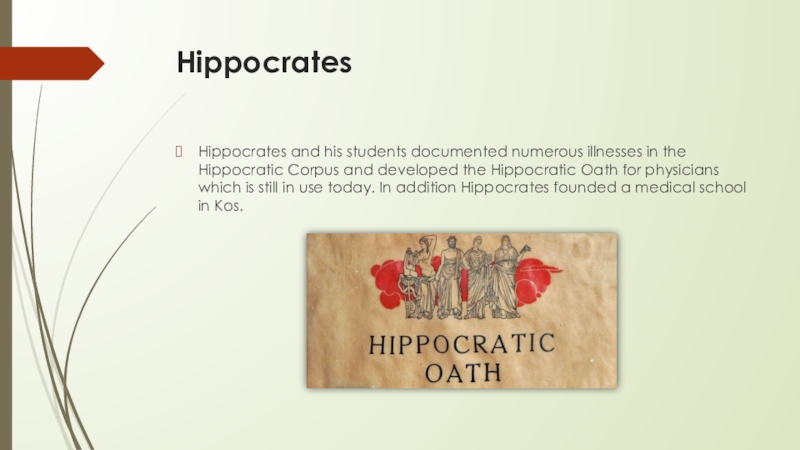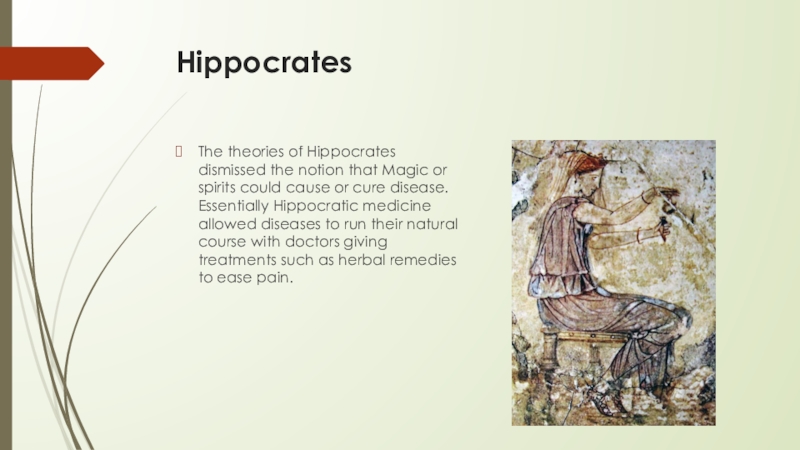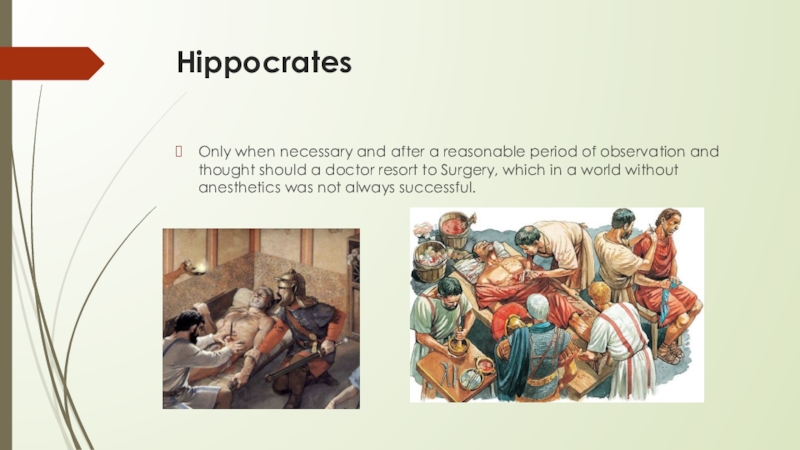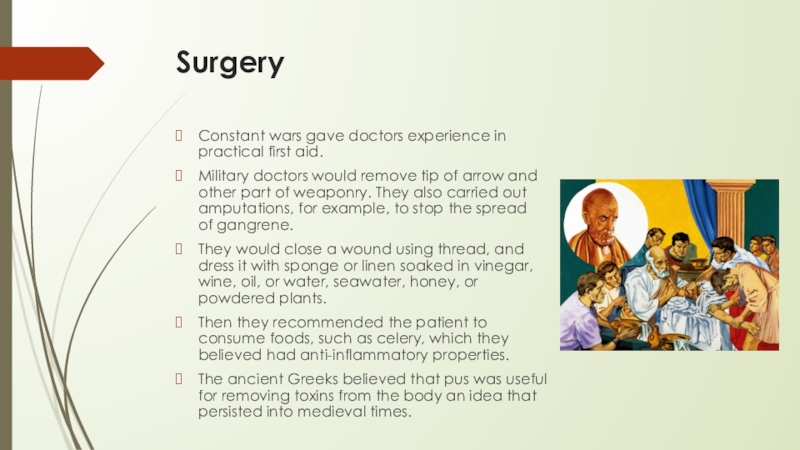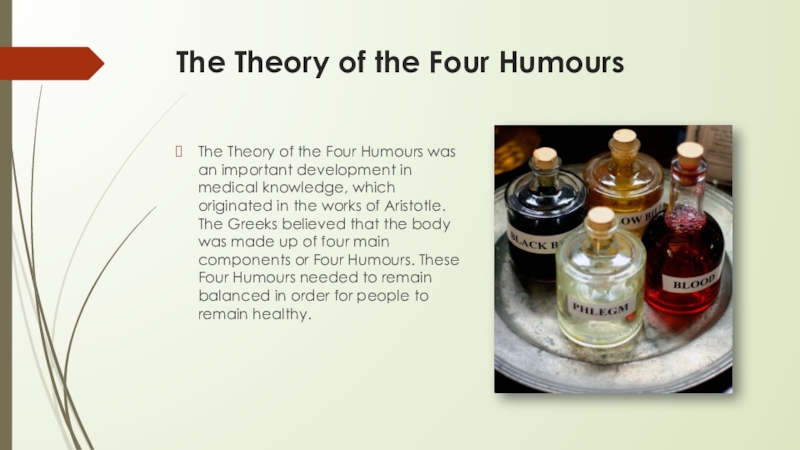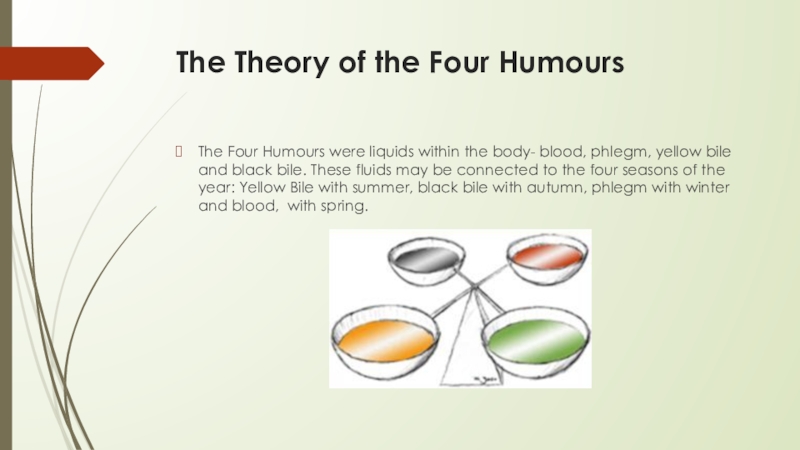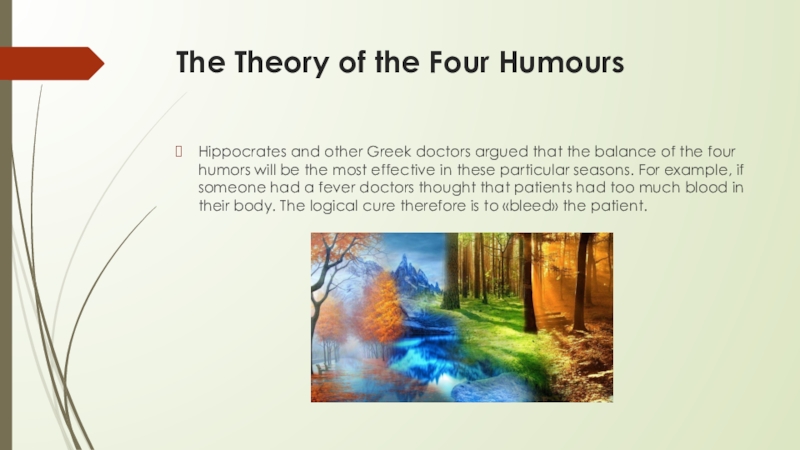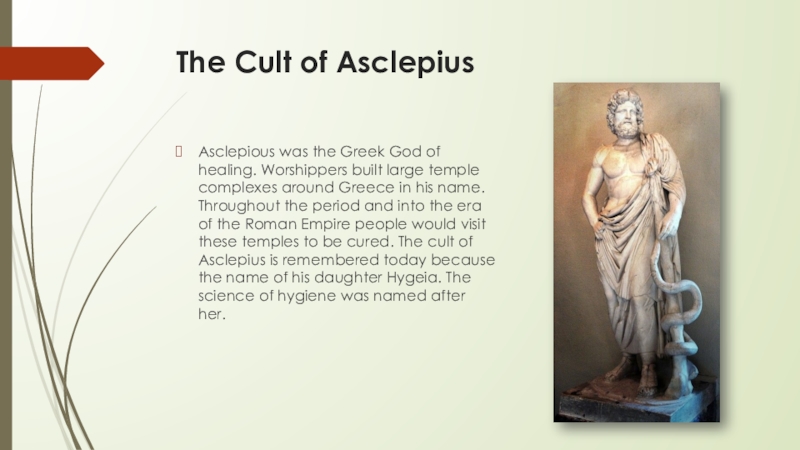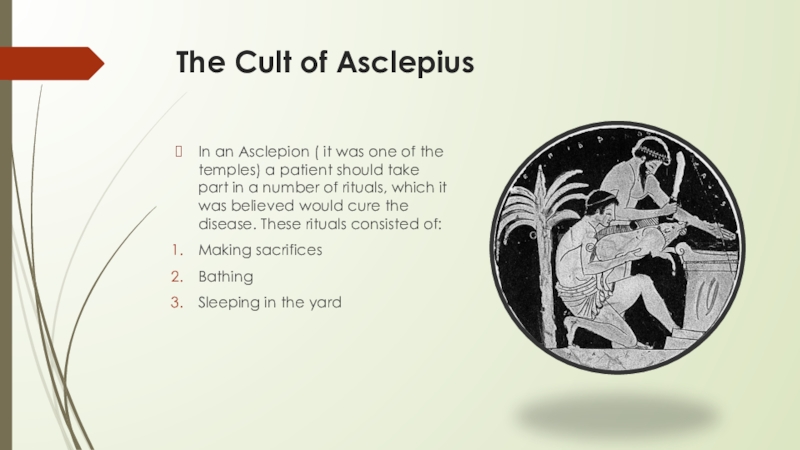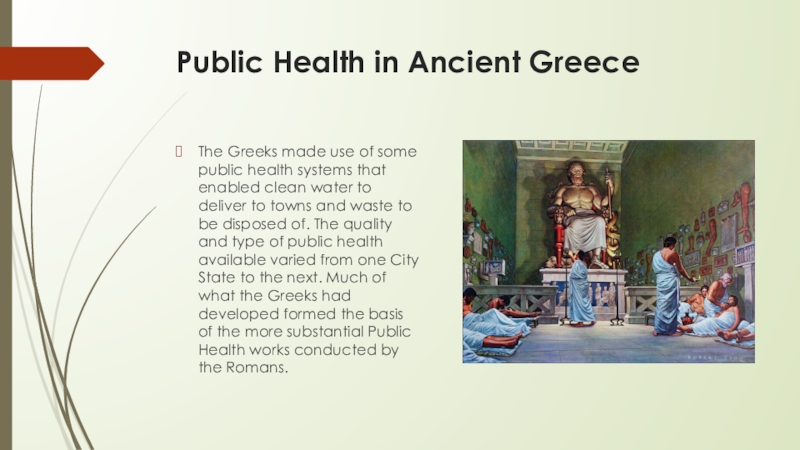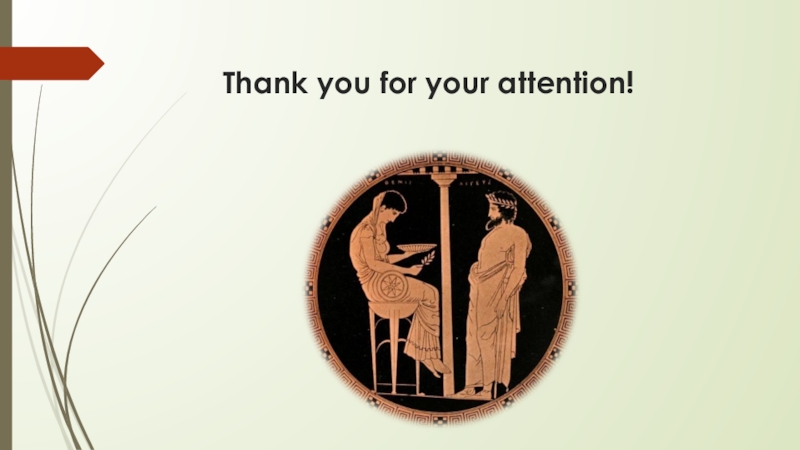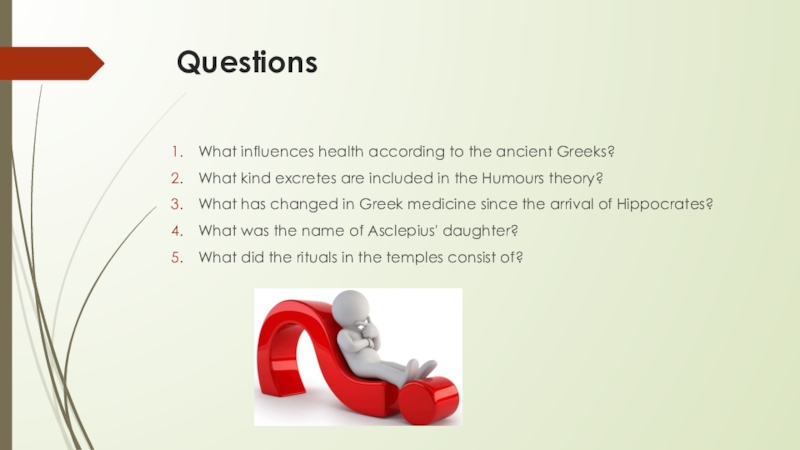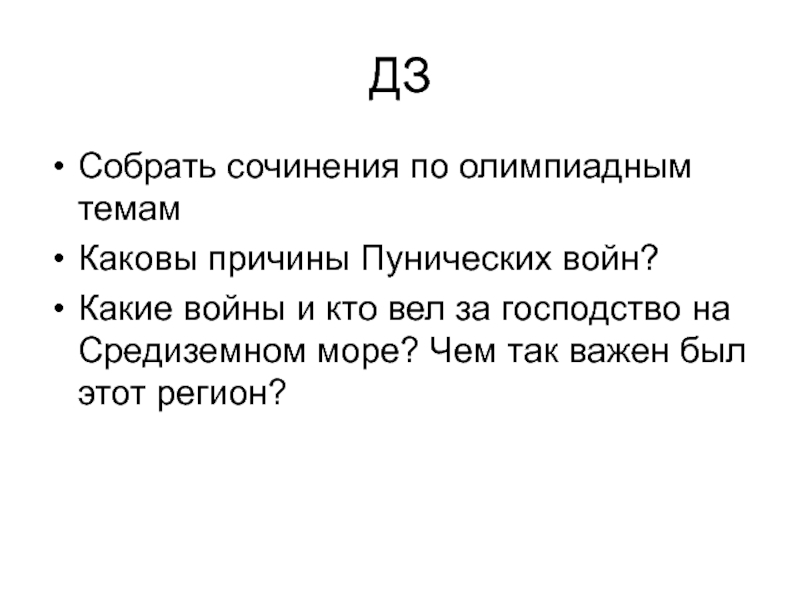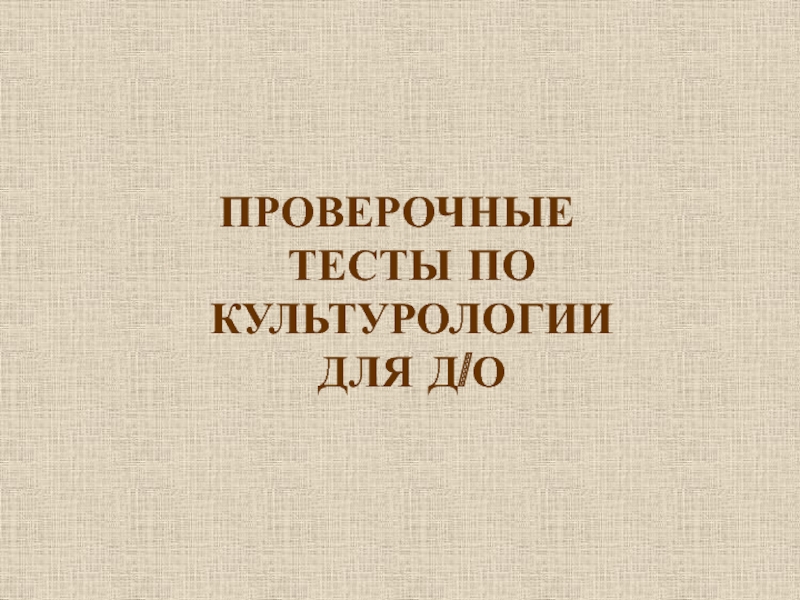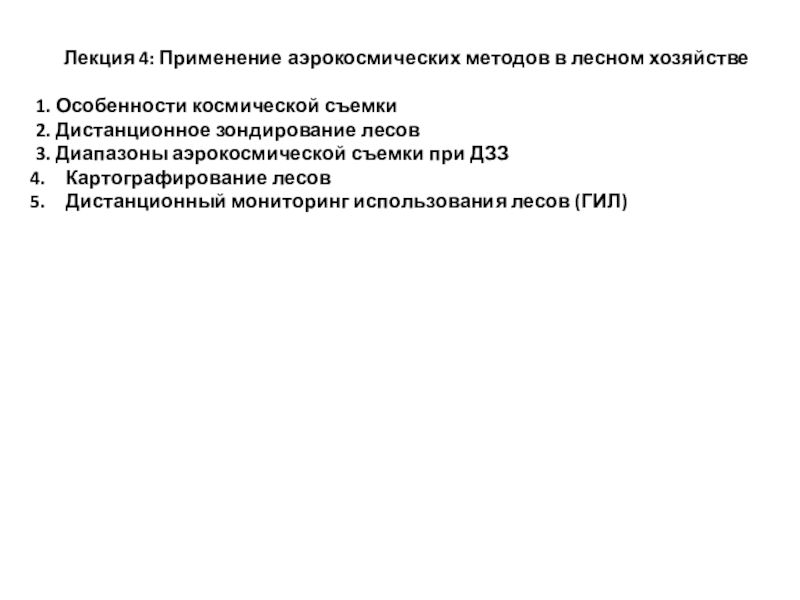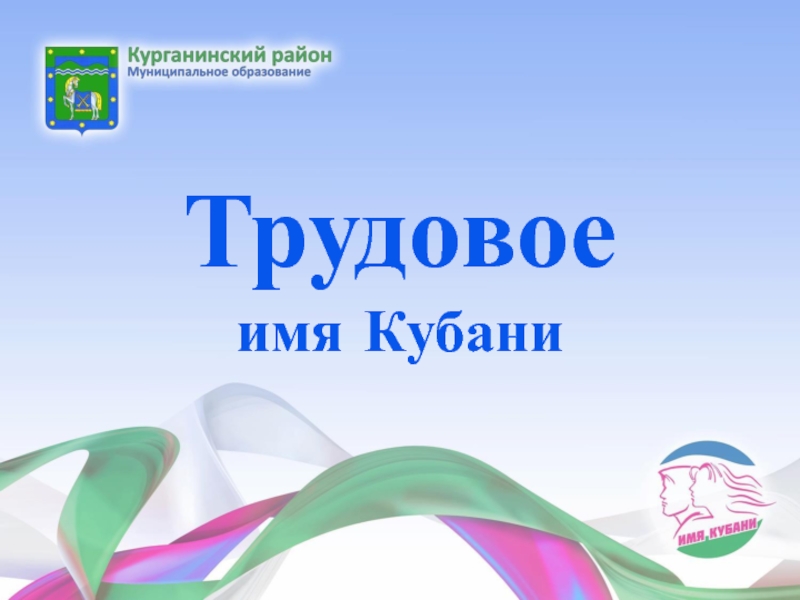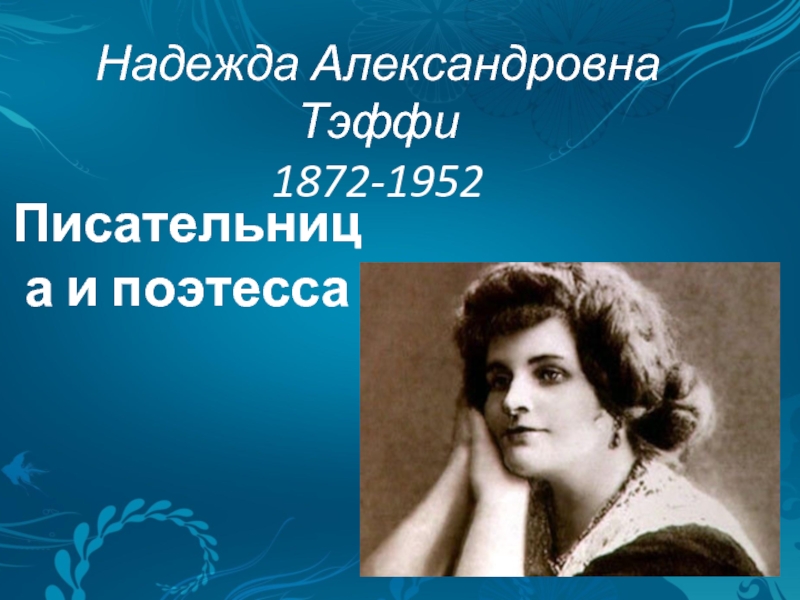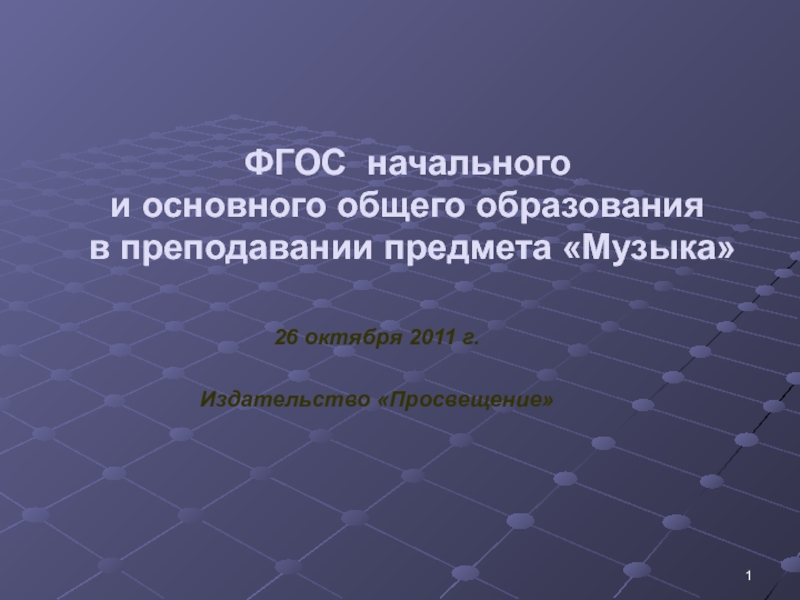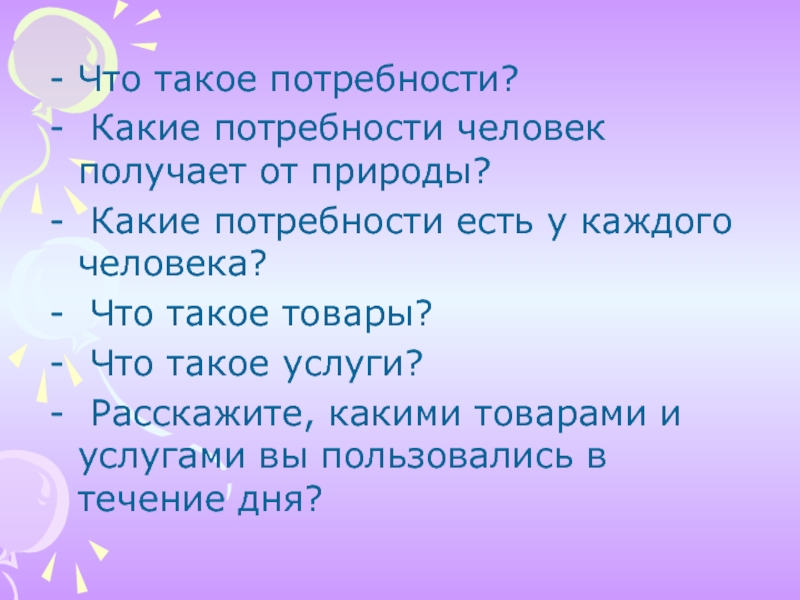Разделы презентаций
- Разное
- Английский язык
- Астрономия
- Алгебра
- Биология
- География
- Геометрия
- Детские презентации
- Информатика
- История
- Литература
- Математика
- Медицина
- Менеджмент
- Музыка
- МХК
- Немецкий язык
- ОБЖ
- Обществознание
- Окружающий мир
- Педагогика
- Русский язык
- Технология
- Физика
- Философия
- Химия
- Шаблоны, картинки для презентаций
- Экология
- Экономика
- Юриспруденция
The history of medicine. Medicine in ancient Greece
Содержание
- 1. The history of medicine. Medicine in ancient Greece
- 2. Medicine in ancient GreeceAncient Greek Medicine was
- 3. Medicine in ancient GreeceHippocrates theory of the Four
- 4. Medicine and mathHis followers considered the numbers
- 5. HippocratesHippocrates was a Greek philosopher who lived
- 6. HippocratesHippocrates and his students documented numerous illnesses
- 7. Medical terminology Hippocrates and his school were
- 8. HippocratesThe theories of Hippocrates dismissed the notion
- 9. HippocratesOnly when necessary and after a reasonable
- 10. SurgeryConstant wars gave doctors experience in practical
- 11. The Theory of the Four HumoursThe Theory
- 12. The Theory of the Four HumoursThe Four
- 13. The Theory of the Four HumoursHippocrates and
- 14. The Cult of AsclepiusAsclepious was the Greek
- 15. The Cult of AsclepiusIn an Asclepion (
- 16. Public Health in Ancient Greece The Greeks
- 17. Thank you for your attention!
- 18. Questions What influences health according to the
- 19. Скачать презентанцию
Medicine in ancient GreeceAncient Greek Medicine was a compilation of theories and practices that were constantly expanding through new ideologies and trials.The ancient Greeks believed the humors, geographic location, social class,
Слайды и текст этой презентации
Слайд 1The history of medicine. Medicine in ancient Greece.
The work performed
by Kasatikova Polina
From group 219
Слайд 2Medicine in ancient Greece
Ancient Greek Medicine was a compilation of
theories and practices that were constantly expanding through new ideologies
and trials.The ancient Greeks believed the humors, geographic location, social class, diet, trauma, beliefs, and mindset affected health.
Early on the ancient Greeks believed that illnesses were "divine punishments" and that healing was a "gift from the Gods".
Слайд 3Medicine in ancient Greece
Hippocrates theory of the Four Humours was for a
long time the basis upon which to develop medical reasoning.
This theory of the Four Humours includes the following excretes: blood, phlegm, yellow bile and black bile.Слайд 4Medicine and math
His followers considered the numbers 4 and 7
special.
They noted that:
7 x 4 is 28, the length of
the lunar month and the menstrual cycle7 x 40 is 280, the number of days of a full-term pregnancy
They also believed that a baby that was born in the 7month rather than the 8, would enjoy better health.
The 40-day quarantine period to avoid disease contagion comes from the idea that the number 40 is sacred.
Слайд 5Hippocrates
Hippocrates was a Greek philosopher who lived from approximately 460
BC to 377 BC. Greek medicine was based on the
work of Hippocrates.Слайд 6Hippocrates
Hippocrates and his students documented numerous illnesses in the Hippocratic
Corpus and developed the Hippocratic Oath for physicians which is
still in use today. In addition Hippocrates founded a medical school in Kos.Слайд 7Medical terminology
Hippocrates and his school were the first to use
the following medical terms:
acute and chronic
endemic and epidemic
convalescence
crisis
exacerbation
paroxysm
peak
relapse
resolution
Слайд 8Hippocrates
The theories of Hippocrates dismissed the notion that Magic or
spirits could cause or cure disease. Essentially Hippocratic medicine allowed
diseases to run their natural course with doctors giving treatments such as herbal remedies to ease pain.Слайд 9Hippocrates
Only when necessary and after a reasonable period of observation
and thought should a doctor resort to Surgery, which in
a world without anesthetics was not always successful.Слайд 10Surgery
Constant wars gave doctors experience in practical first aid.
Military doctors would
remove tip of arrow and other part of weaponry. They also
carried out amputations, for example, to stop the spread of gangrene.They would close a wound using thread, and dress it with sponge or linen soaked in vinegar, wine, oil, or water, seawater, honey, or powdered plants.
Then they recommended the patient to consume foods, such as celery, which they believed had anti-inflammatory properties.
The ancient Greeks believed that pus was useful for removing toxins from the body an idea that persisted into medieval times.
Слайд 11The Theory of the Four Humours
The Theory of the Four
Humours was an important development in medical knowledge, which originated
in the works of Aristotle. The Greeks believed that the body was made up of four main components or Four Humours. These Four Humours needed to remain balanced in order for people to remain healthy.Слайд 12The Theory of the Four Humours
The Four Humours were liquids
within the body- blood, phlegm, yellow bile and black bile.
These fluids may be connected to the four seasons of the year: Yellow Bile with summer, black bile with autumn, phlegm with winter and blood, with spring.Слайд 13The Theory of the Four Humours
Hippocrates and other Greek doctors
argued that the balance of the four humors will be
the most effective in these particular seasons. For example, if someone had a fever doctors thought that patients had too much blood in their body. The logical cure therefore is to «bleed» the patient.Слайд 14The Cult of Asclepius
Asclepious was the Greek God of healing.
Worshippers built large temple complexes around Greece in his name.
Throughout the period and into the era of the Roman Empire people would visit these temples to be cured. The cult of Asclepius is remembered today because the name of his daughter Hygeia. The science of hygiene was named after her.Слайд 15The Cult of Asclepius
In an Asclepion ( it was one
of the temples) a patient should take part in a
number of rituals, which it was believed would cure the disease. These rituals consisted of:Making sacrifices
Bathing
Sleeping in the yard
Слайд 16Public Health in Ancient Greece
The Greeks made use of
some public health systems that enabled clean water to deliver
to towns and waste to be disposed of. The quality and type of public health available varied from one City State to the next. Much of what the Greeks had developed formed the basis of the more substantial Public Health works conducted by the Romans.Слайд 18Questions
What influences health according to the ancient Greeks?
What kind excretes
are included in the Humours theory?
What has changed in Greek
medicine since the arrival of Hippocrates?What was the name of Asclepius' daughter?
What did the rituals in the temples consist of?
